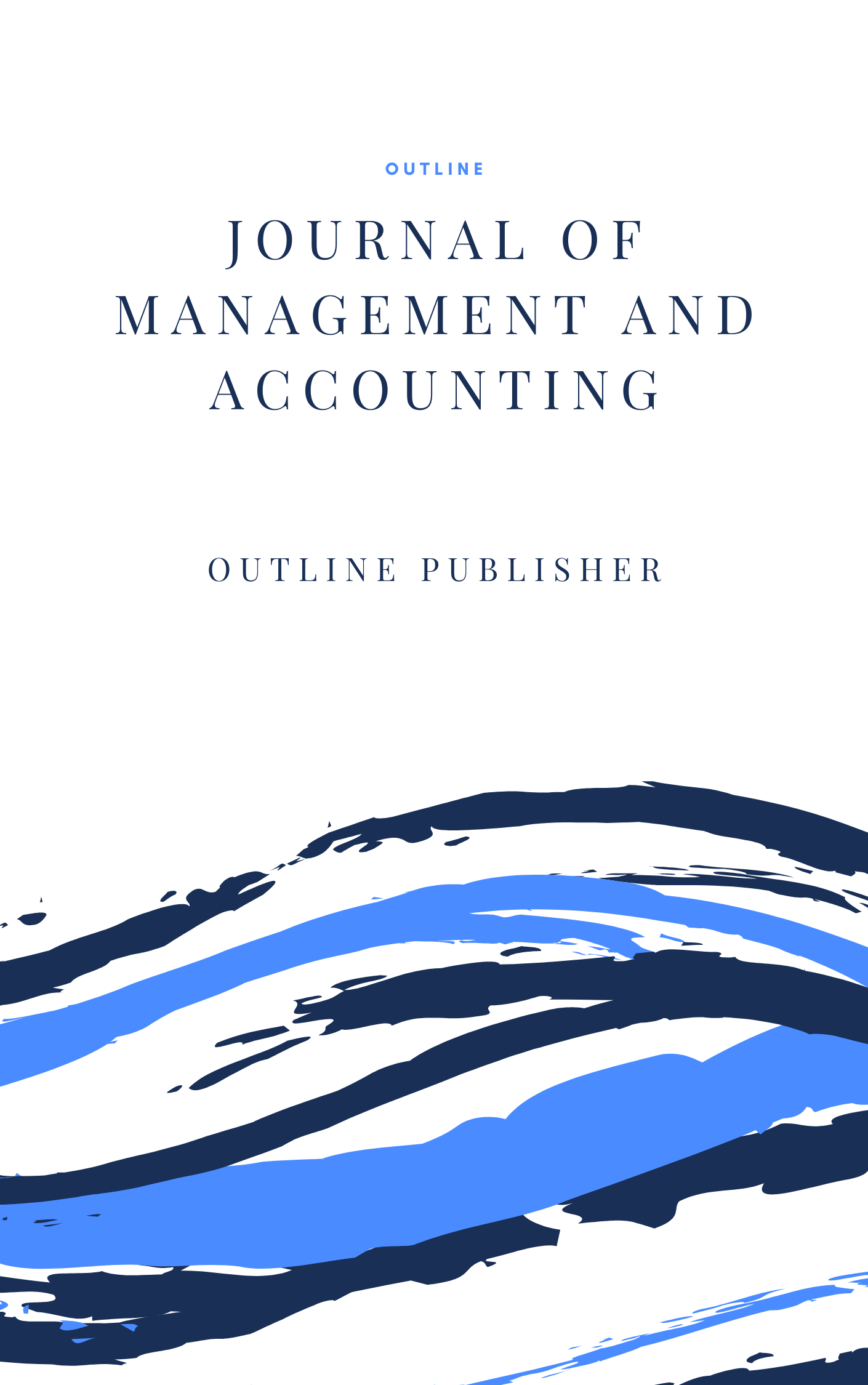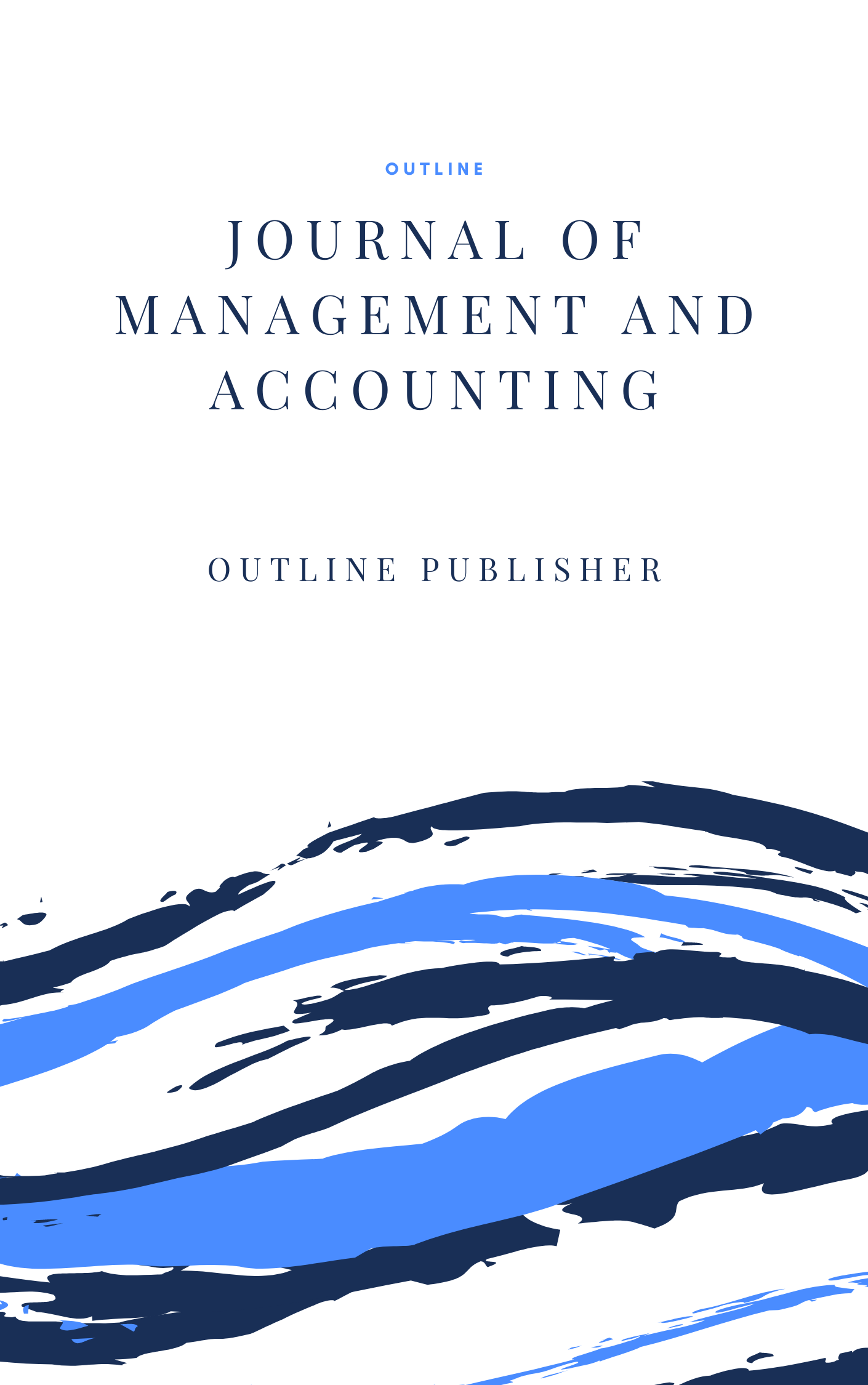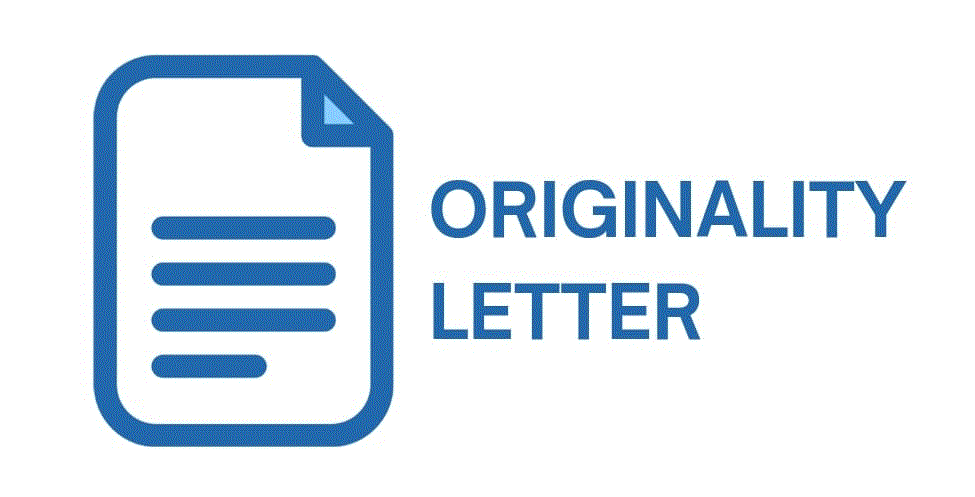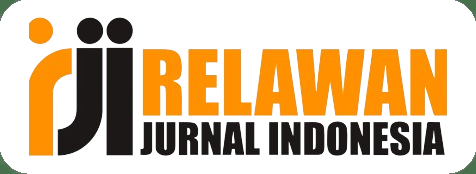Digital Transformation in Accounting: Opportunities and Challenges in the Industry 4.0 Era
DOI:
https://doi.org/10.61730/zysyr332Keywords:
Digital transformation, Accounting, Financial information,Abstract
Digital transformation brings significant changes in accounting practices, especially in improving the quality of financial information. This study aims to analyze the impact of digitalization on the quality of financial reporting through a literature review approach. The quality of information in question includes relevance, reliability, and timeliness. The study's results indicate that technologies such as ERP, cloud accounting, big data, and blockchain contribute to process efficiency and enhanced reporting transparency. However, the implementation of technology still faces challenges, such as limited digital literacy, human resource readiness, and a lack of regulation, particularly in the MSME sector. Using the theoretical frameworks of Resource-Based View, Information System Success Model, and Institutional Theory, this article concludes that the success of digital transformation in accounting heavily depends on the synergy between technology, user competencies, and supportive policies. These findings are expected to contribute to the development of more adaptive and sustainable digital accounting strategies.
References
Andriyani, R., & Widyastuti, T. (2021). Digitalisasi UMKM dalam Perspektif Sistem Akuntansi: Studi Kasus di Yogyakarta. Jurnal Ekonomi dan Bisnis Indonesia, 36(2), 115–128.
Barney, J. (1991). Firm Resources and Sustained Competitive Advantage. Journal of Management, 17(1), 99–120.
Dewi, R., & Rahayu, S. (2021). Literasi Digital dan Pemanfaatan Sistem Informasi Akuntansi. Jurnal Teknologi dan Sistem Informasi, 9(1), 44–55
DeLone, W. H., & McLean, E. R. (2003). The DeLone and McLean Model of Information Systems Success: A Ten-Year Update. Journal of Management Information Systems, 19(4), 9–30.
DiMaggio, P. J., & Powell, W. W. (1983). The Iron Cage Revisited: Institutional Isomorphism and Collective Rationality. American Sociological Review, 48(2), 147–160.
Fitriasari, F., & Rizki, M. (2022). Literasi Digital Akuntan dan Dampaknya terhadap Kualitas Laporan Keuangan. Jurnal Akuntansi Multiparadigma, 13(1), 45–59.
Jensen, M. C., & Meckling, W. H. (1976). Theory of the Firm: Managerial Behavior, Agency Costs, and Ownership Structure. Journal of Financial Economics, 3(4), 305–360.
Kotter, J. P. (1996). Leading Change. Harvard Business Review Press.
Meiryani, & Lusianah, L. (2020). Pengaruh Teknologi Informasi terhadap Sistem Akuntansi Manajemen. Jurnal Akuntansi dan Investasi, 21(1), 45–56.
Nurhayati, N. (2020). Perubahan Peran Akuntan dalam Era Digital. Jurnal Riset Akuntansi dan Keuangan, 8(3), 189–200.
Puspita, R., & Harahap, R. (2023). Reorientasi Kurikulum Akuntansi di Era Digital: Sebuah Kajian Literatur. Jurnal Pendidikan Ekonomi dan Bisnis, 11(1), 29–41.
Putra, H., & Amalia, R. (2020). Strategi Implementasi Akuntansi Digital pada UMKM: Kajian Literatur. Jurnal Riset Akuntansi Kontemporer, 12(2), 88–97.
Rogers, E. M. (2003). Diffusion of Innovations (5th ed.). Free Press.
Santosa, D., & Hery. (2021). Blockchain dan Masa Depan Transparansi Akuntansi. Jurnal Akuntansi dan Keuangan Indonesia, 18(1), 1–12.
Sari, N., & Saputra, R. (2022). Tantangan Regulasi Akuntansi Digital di Indonesia. Jurnal Hukum dan Ekonomi, 14(2), 76–90.
Susanto, A., & Meiryani. (2019). Sistem Informasi Akuntansi di Era Revolusi Industri 4.0. Jurnal Akuntansi dan Keuangan Indonesia, 16(1), 1–15.
Tapscott, D., & Tapscott, A. (2017). Blockchain Revolution: How the Technology Behind Bitcoin and Other Cryptocurrencies is Changing the World. Penguin.
Warren, J. D., Moffitt, K. C., & Byrnes, P. (2015). How Big Data Will Change Accounting. Accounting Horizons, 29(2), 397–407. https://doi.org/10.2308/acch-51069
Downloads
Published
Issue
Section
License
Copyright (c) 2025 Outline Journal of Management and Accounting

This work is licensed under a Creative Commons Attribution 4.0 International License.






















